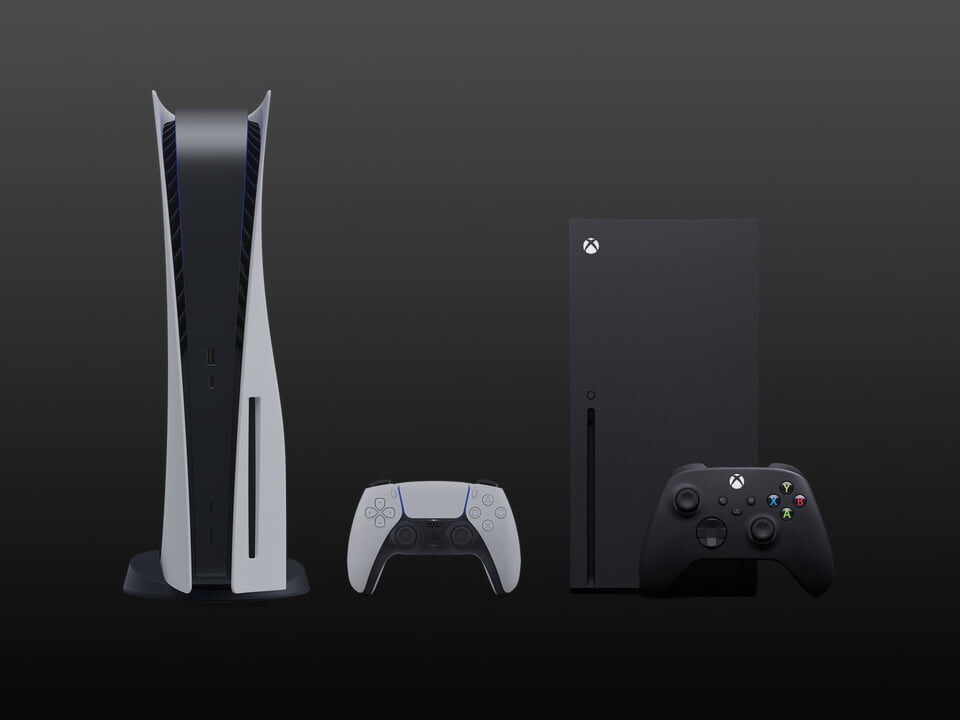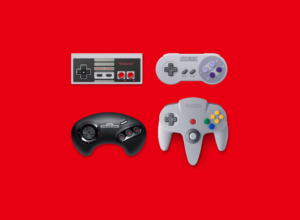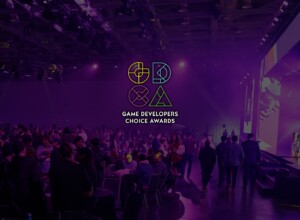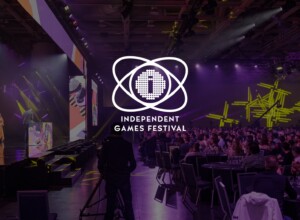Exclusives are just part of the furniture when it comes to the video game industry, but why do people get so riled up about them?
Like many others, I was shocked by the recent news that Microsoft was acquiring Bethesda. It’s a huge acquisition that, contrary to what I’m about to discuss, I’m reasonably happy about. It means more games for Xbox Game Pass, and seeing as Game Pass is a beacon of accessibility, that’s far from a bad thing.
Yet, every billion-dollar acquisition once again raises the billion-dollar question. Should games be exclusive? Although I’m sure many will adamantly disagree, I’ve hated video game exclusivity ever since I was a kid. Sure, from a business standpoint, it makes complete sense. Develop a product nobody else can and force the masses to buy your shiny new box to access it. I won’t pretend that’s a shady practise because that’s just how this industry works.
[And an exclusivity deal can mean the world to a smaller developer, literally the difference between a game being developed or not, but it’s not those sorts of exclusives that Callum’s talking about here – developer advocate Ed.]
But, while exclusives are something we have to accept, they aren’t something we have to actively support. From the standpoint of a consumer, exclusives suck. If my friend and I pay the same amount for Marvel’s Avengers on PS4 and Xbox One, why shouldn’t we both get access to the free Spider-Man DLC? If I’m a PC player, why can’t I experience God of War or Uncharted or The Last of Us, as I can with Horizon Zero Dawn?
I understand that’s sadly an idealistic scenario. In truth, my issue is actually with the toxicity that surrounds exclusivity culture. It’s 2020. Why do we still weave this bizarre narrative surrounding “console wars”? Why do some players still adamantly encourage publishers to not port games to other consoles? For a fairly anti-consumer practice funded by giant corporations, we LOVE to pat console manufacturers on the back for limiting access to other players (unless, of course, it’s exclusive to somewhere we don’t like).
Take the recent debut of Horizon: Zero Dawn on PC. For many, this was a huge moment. One of the modern generation’s biggest console exclusives was getting its due on a new platform. Sony was finally embracing the PC crowd. Yet, PlayStation fans came out in droves, telling Sony it had disgraced the console by allowing a new audience to experience something they’d loved.
That’s absolutely ridiculous. How does it minimise your enjoyment of a product if somebody else can share in that appreciation?
Or how about when Phil Spencer claimed exclusivity was “counter to what gaming is all about”? Fans claimed he was angry he couldn’t keep up with Sony; that he was salty about the Xbox’s lack of big-name blockbusters. This is a man suggesting gaming should be wholly inclusive and the fans shut him down in support of a billion-dollar company that would ask them to buy a new console just to access a free DLC in a multi-platform game.
I’m not trying to say exclusives are the devil. They’re just a part of how the games industry functions and they’re not going anywhere anytime soon. No, my point is that we shouldn’t be actively encouraging these deals, gloating about games others can’t play and signalling for more paywalls to be built between players, and perpetuating the ridiculous narrative that the consoles are “at war” with one another. Stop going into battle for corporations, please.
Our obsession with exclusives comes from this unhealthy need to feel secure in our purchase, but it actively damages the credibility of video game culture and encourages huge corporations to tighten their stranglehold on the industry.
So, as you’re tweeting a picture of your smashed-up PlayStation when Sony eventually ports Bloodborne to PC, remember: it’s someone else’s turn to play with the scary Victorian werewolves today so you have to play nice!
Be sure to follow Thumbsticks on Twitter and Facebook for important video game insights.






